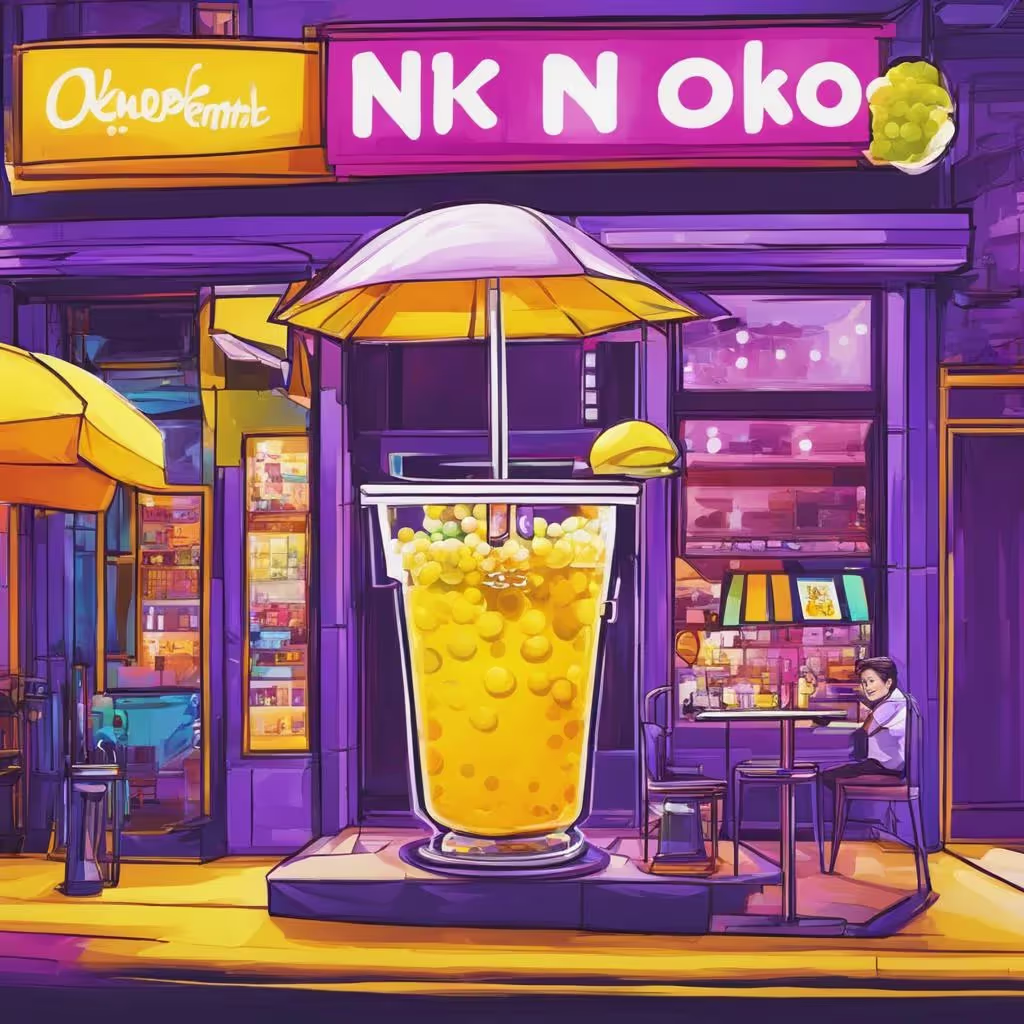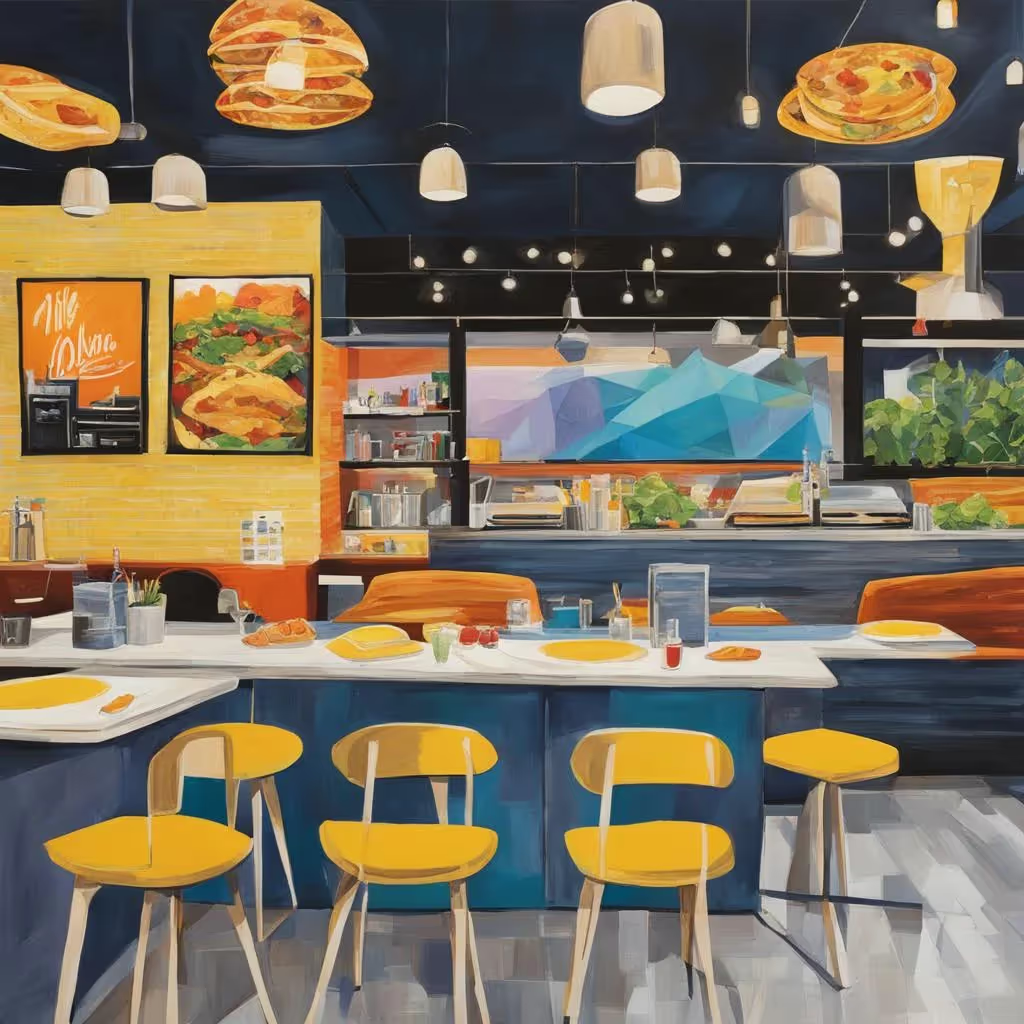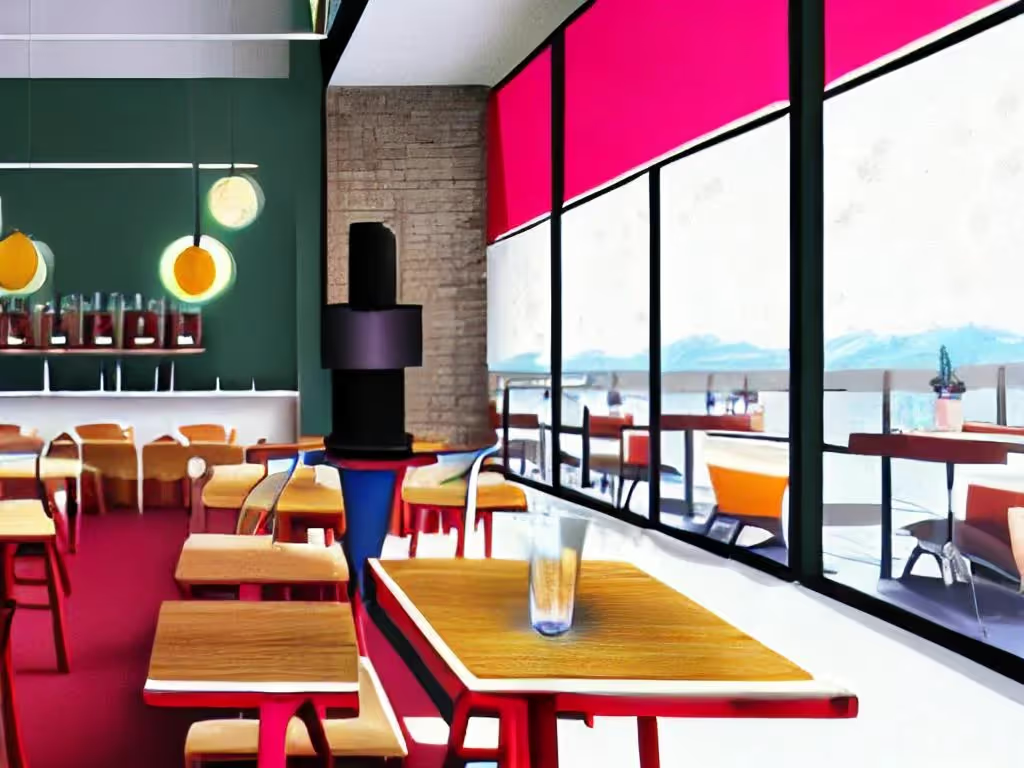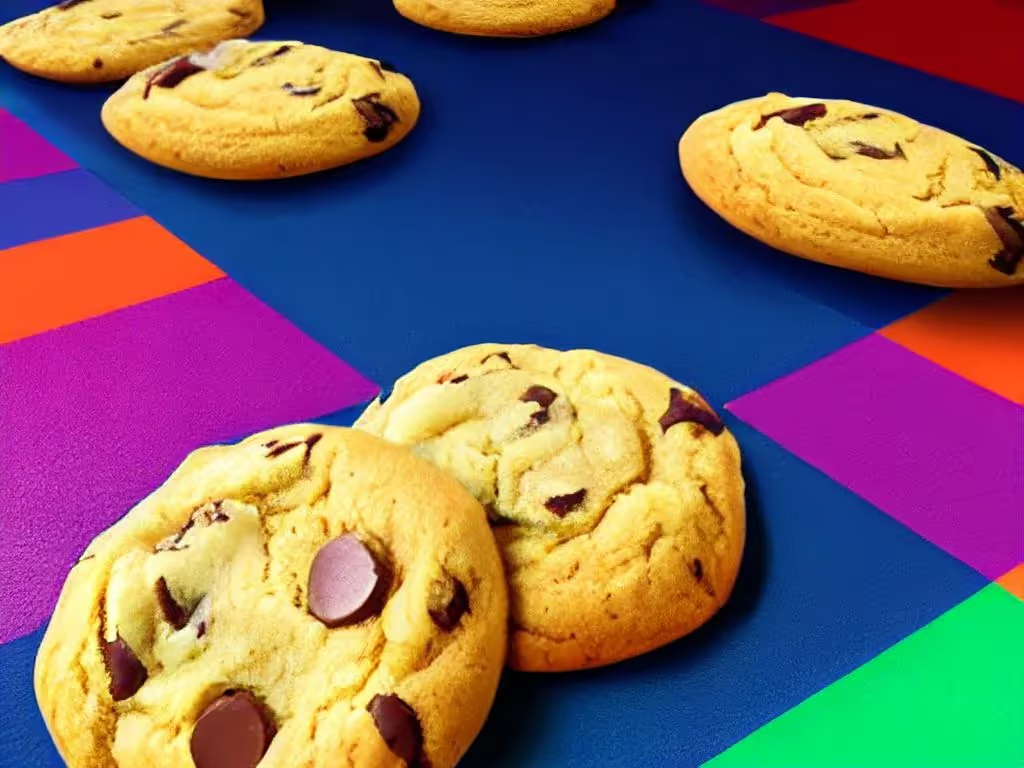TLDR
The restaurant industry is undergoing a continuous digital revolution. Nearly 70% of customers prefer using mobile apps for ordering food, making apps not just an option but a necessity for businesses looking to stay competitive. With more consumers valuing convenience and personalized experiences, restaurants and coffee shops are increasingly ditching traditional websites in favor of mobile apps. Unlike websites, apps foster deeper customer loyalty—research shows that users are far more likely to return and order through an app they’ve downloaded. This shift isn’t just about keeping up with trends—it’s about maximizing retention, enhancing the customer experience, and reducing costs. Affordable solutions like the Per Diem white-label app for Square businesses now allow restaurants to offer premium app experiences, just like industry leaders Sweetgreen and Starbucks, but at a fraction of the cost.
The Growing Trend of Restaurants Ditching Websites for Mobile Apps
In recent years, a significant shift has emerged in the hospitality industry's trends, with many restaurants and coffee shops abandoning traditional websites in favor of mobile applications. This change reflects a broader understanding of why restaurants prefer apps over websites for engaging with customers and streamlining operations.
One key factor driving this trend is the superior customer retention and loyalty that apps provide. While websites may attract casual browsers, only dedicated patrons typically download a restaurant's app, creating a more targeted audience. Additionally, mobile apps offer enhanced user experience through features like personalized recommendations, easy reordering, and loyalty programs.
The cost of mobile apps vs websites for restaurants is another compelling reason for this shift. Contrary to popular belief, developing and maintaining a high-quality mobile app can be more cost-effective than a complex website, especially when considering the long-term benefits. For instance, Per Diem offers an affordable solution that rivals the premium experience of major chains like Sweetgreen and Starbucks.
Restaurant mobile app benefits over websites extend beyond cost savings. Apps provide valuable data insights, enable push notifications for promotions, and often integrate seamlessly with point-of-sale systems, enhancing operational efficiency.
Key Benefits Driving Restaurants to Prefer Apps Over Websites
Enhanced Customer Engagement and Retention
Mobile apps offer restaurants a direct line to their customers' pockets, fostering stronger connections and loyalty. Unlike websites, apps enable push notifications, personalized offers, and easy reordering, significantly boosting customer retention. This trend in hospitality industry mobile app usage has led to increased repeat business and higher customer lifetime value.
Cost-effective and User-Friendly Solutions
The cost of mobile apps vs websites for restaurants often favors app development, especially with white-label solutions. These affordable options provide a premium experience similar to industry leaders. A good white-label app can cost around $100 to develop and become operational within a week. In comparison, restaurant websites require an estimated investment of $5,000-$10,000 with development timelines of 2-3 months. Moreover, apps typically offer a more streamlined, intuitive interface compared to websites, enhancing the overall user experience.
Improved Order Management and Data Insights
Mobile app benefits over websites include superior order management capabilities and rich customer data collection. Apps facilitate seamless online ordering, table reservations, and loyalty program management. Additionally, they provide valuable insights into customer preferences and behaviors, enabling restaurants to tailor their offerings and marketing strategies more effectively.
Affordable White-Label Apps Providing Premium Customer Experiences
In the hospitality industry, mobile app trends are shifting towards cost-effective solutions that deliver high-end functionality. Many restaurants now prefer apps over websites due to the emergence of affordable white-label options.
Per Diem for Square Businesses
Per Diem stands out as a prime example of why restaurants prefer apps over websites. This white-label app for Square businesses provides a sophisticated ordering platform that rivals custom-built solutions. Chains like Crave Cookies, Tikka Shack, and Coffee Dose have been able to significantly reduce costs while offering an enhanced and customized user experience by leveraging the app.
Benefits of White-Label Apps
- Customization: Easily tailored to match brand aesthetics
- Affordability: Lower development and maintenance costs
- Rapid deployment: Faster time-to-market compared to custom solutions
- Scalability: Grows with your business needs
These advantages contribute to enhanced restaurant customer retention and loyalty, making white-label apps an attractive option for businesses looking to stay competitive in the digital landscape of the hospitality industry.
Final Thoughts
As the hospitality industry evolves, restaurants and coffee shops are embracing mobile apps as their primary digital presence. This shift offers numerous benefits, including improved customer engagement, streamlined operations, and cost-effectiveness. By leveraging user-friendly platforms like Per Diem's white-label app for Square, even small establishments can provide a premium digital experience rivaling industry giants. As you consider your restaurant's digital strategy, remember that a well-designed mobile app can be a powerful tool for growth and customer loyalty. Embrace this trend to stay competitive and meet the changing expectations of today's tech-savvy diners. The future of hospitality is in the palm of your customers' hands – are you ready to join the mobile revolution?
Read our blog to make the right decison when building your own app within a budget.


.webp)


.webp)
.png)
.webp)

.avif)
.webp)
.webp)
.webp)

.webp)









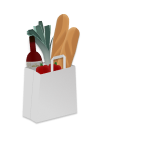
.png)
.png)







.svg)
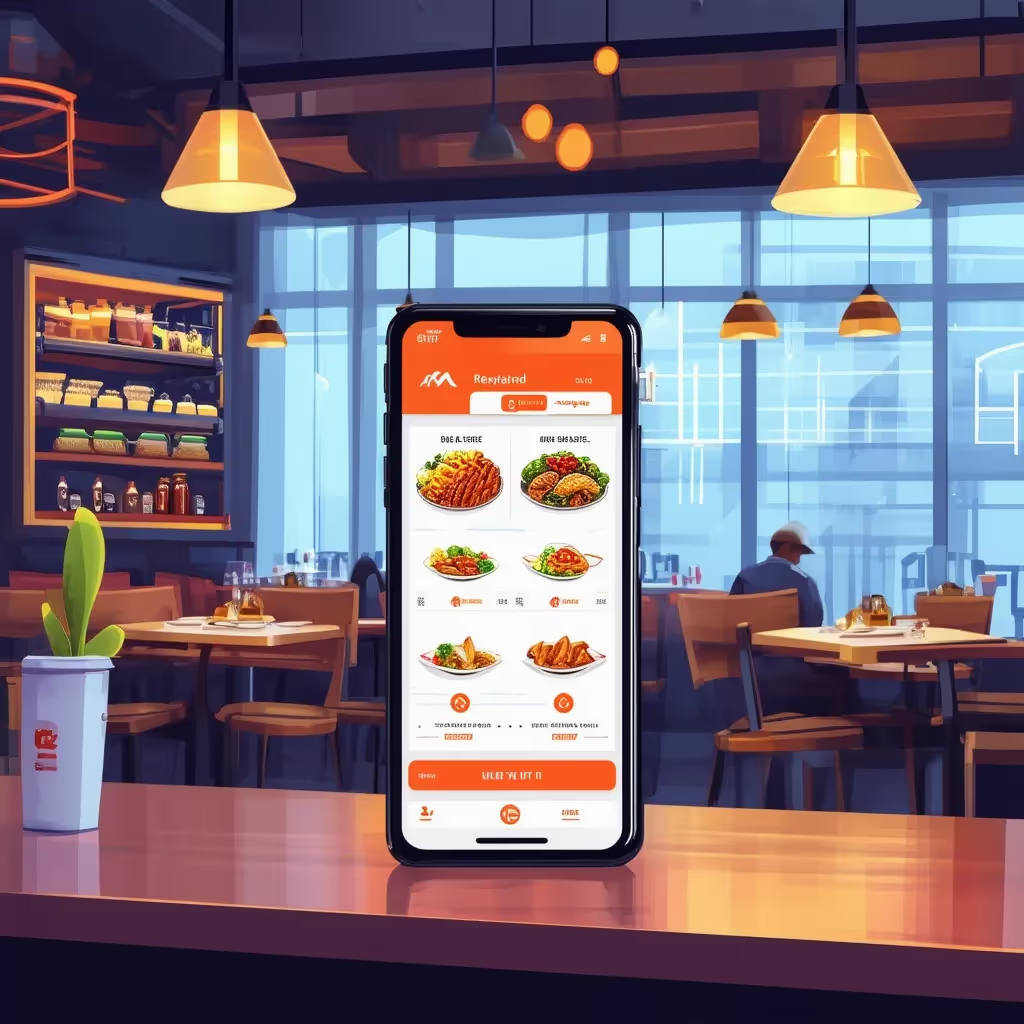




.svg)
.svg)
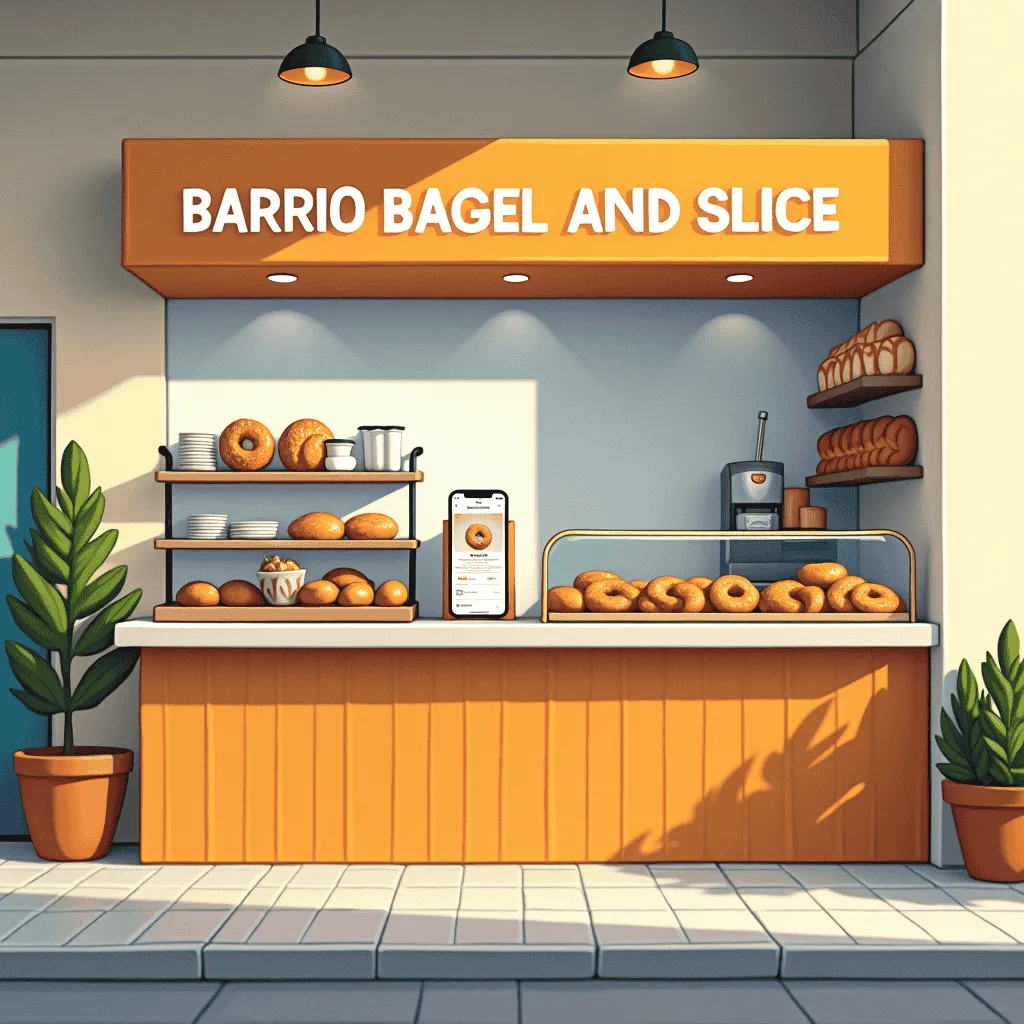

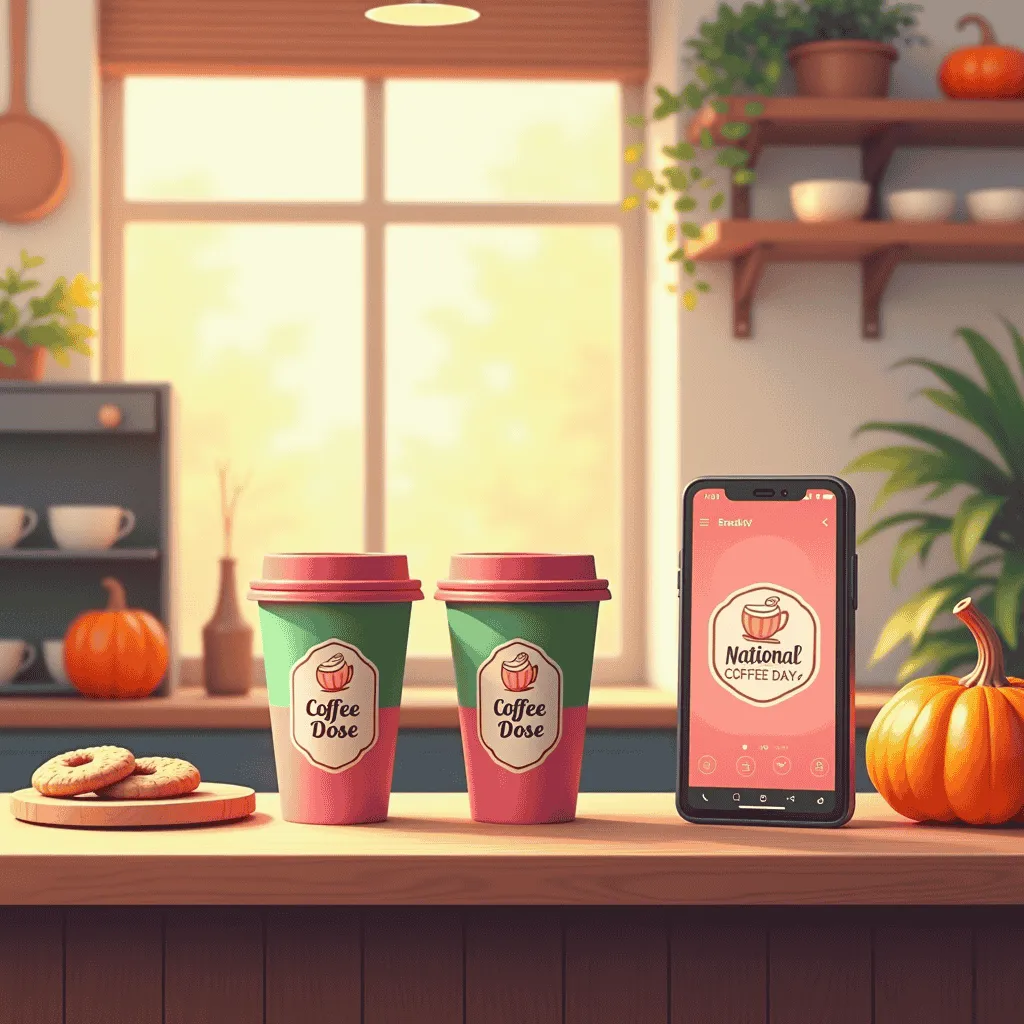
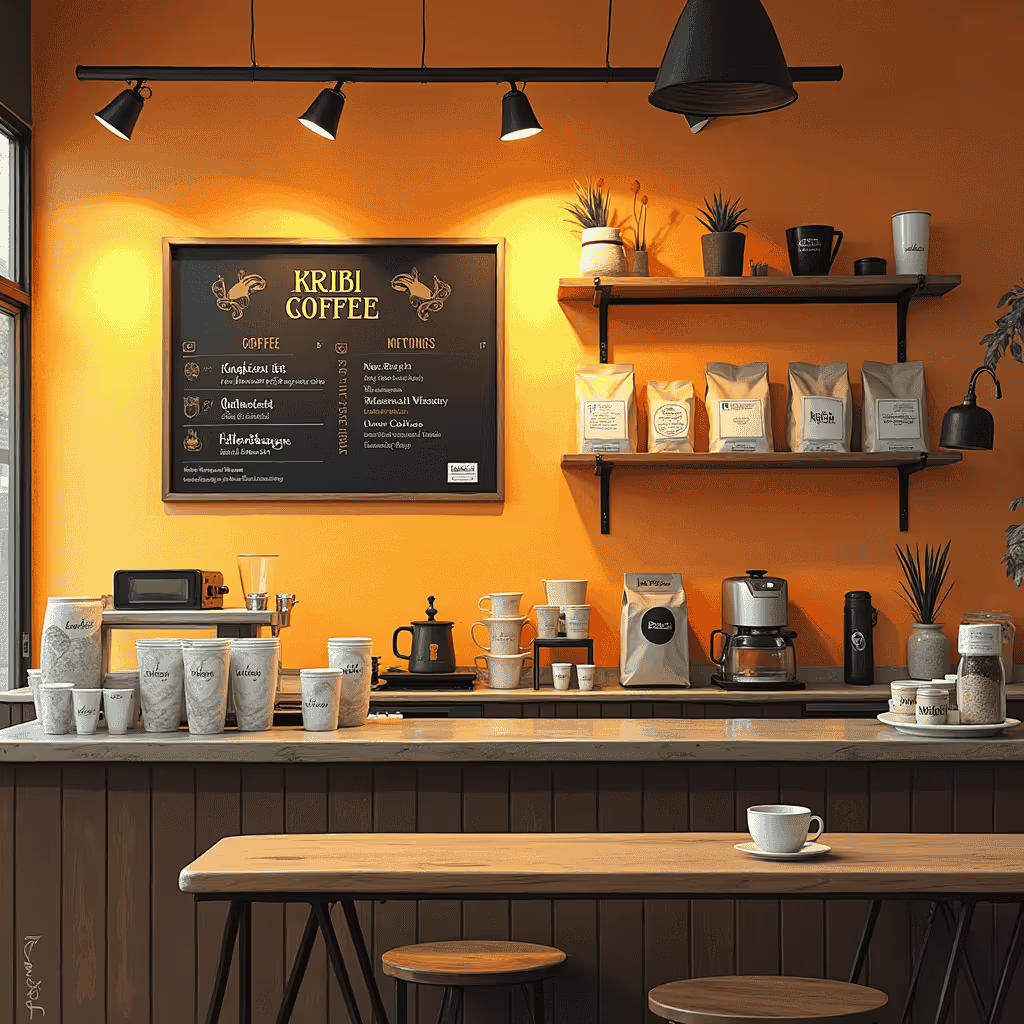
.avif)
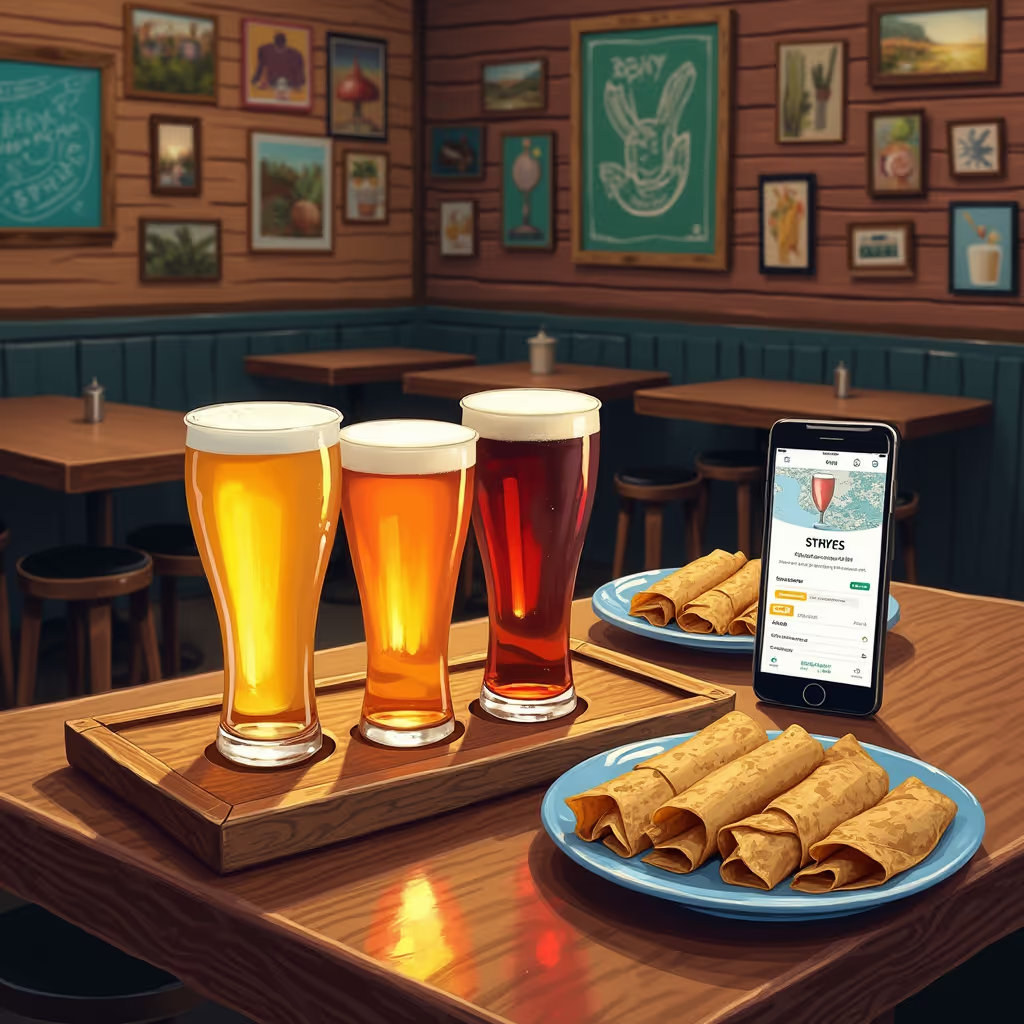
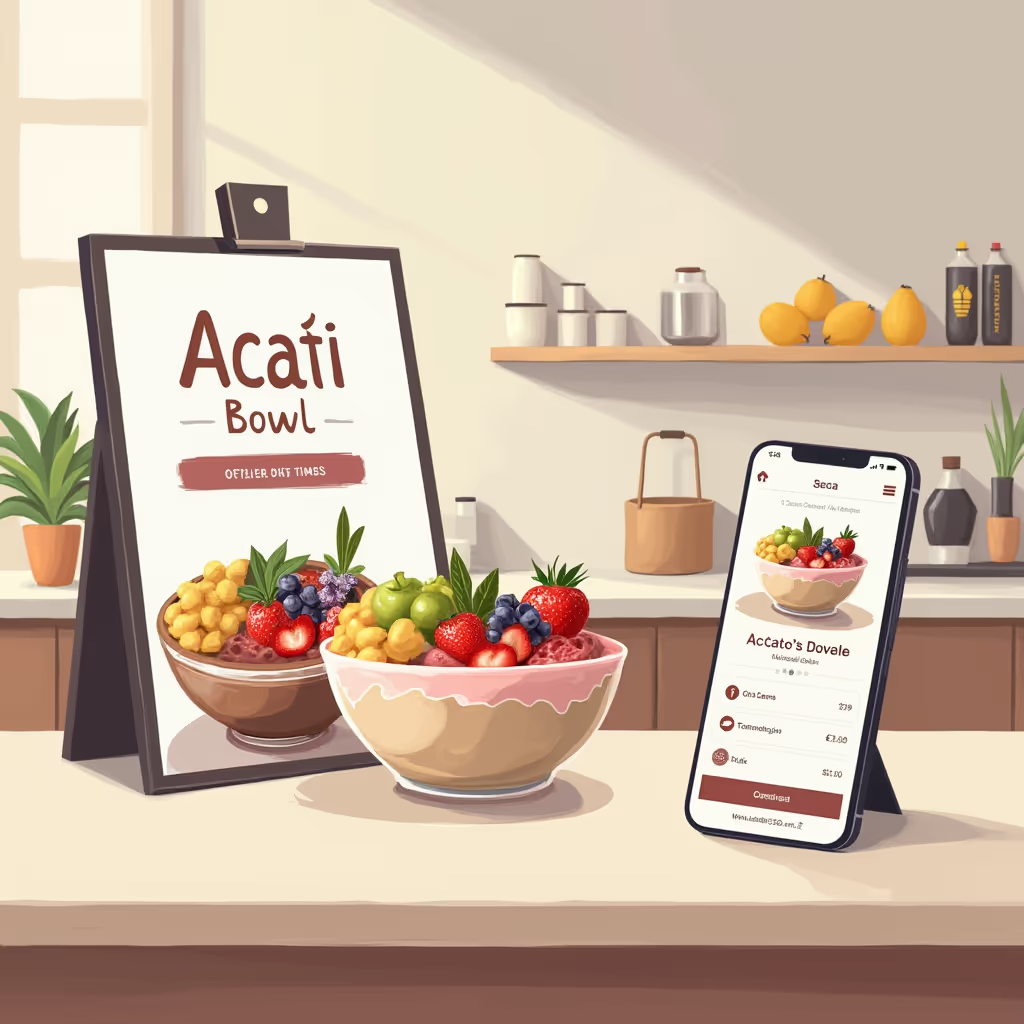

.avif)
.avif)
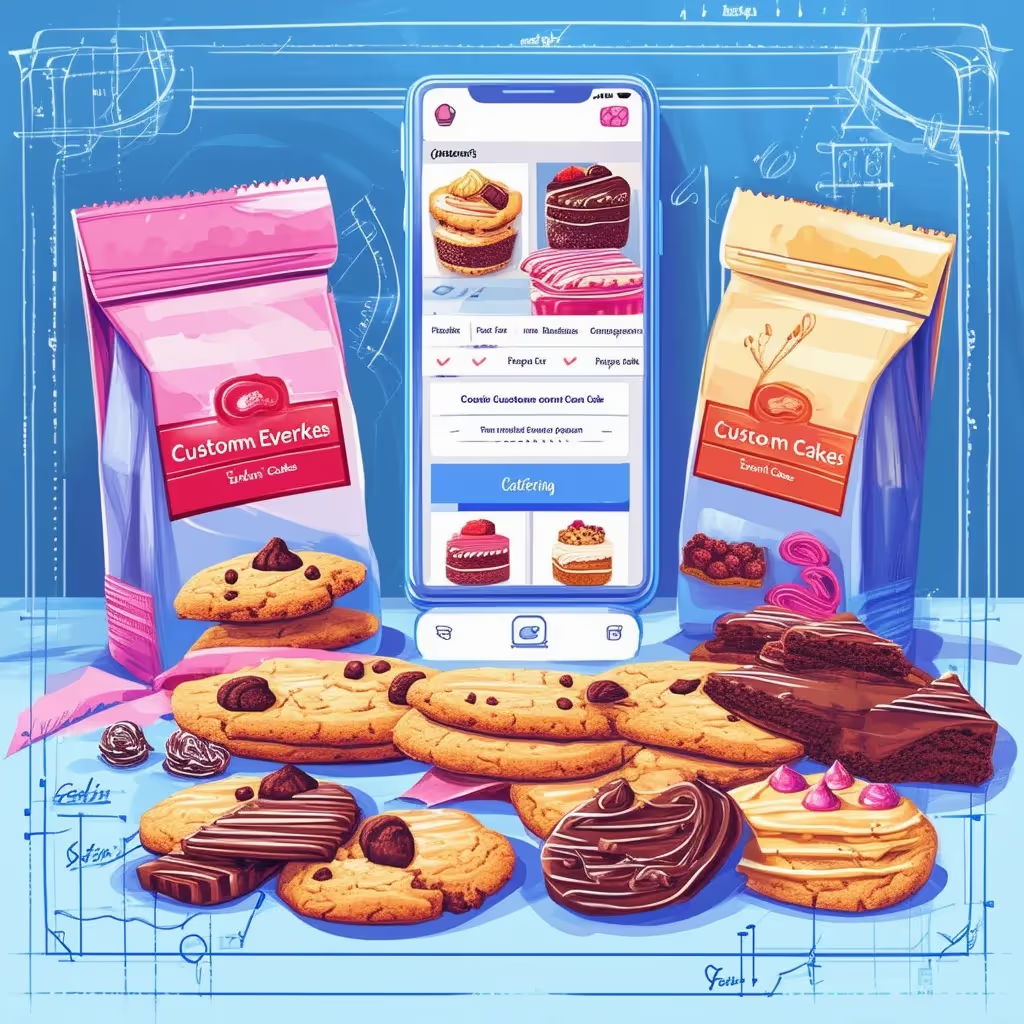
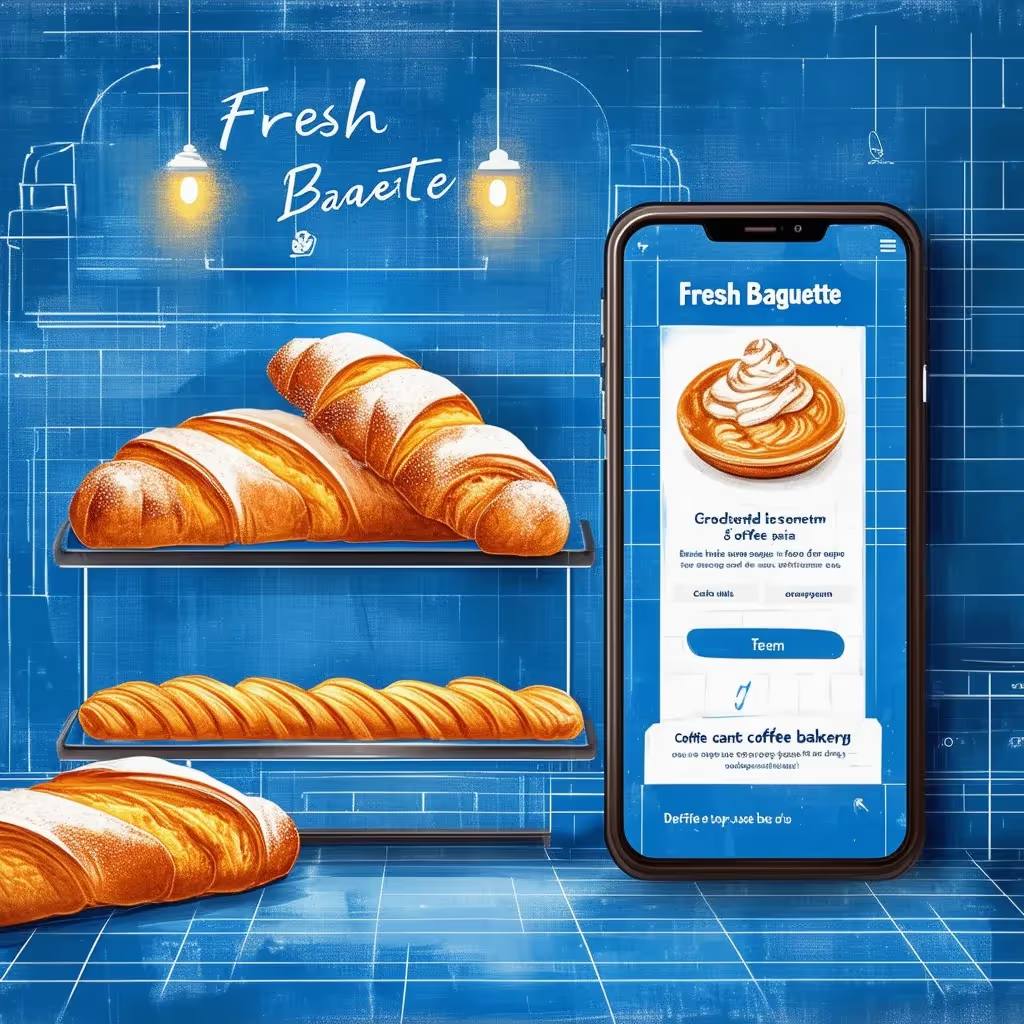
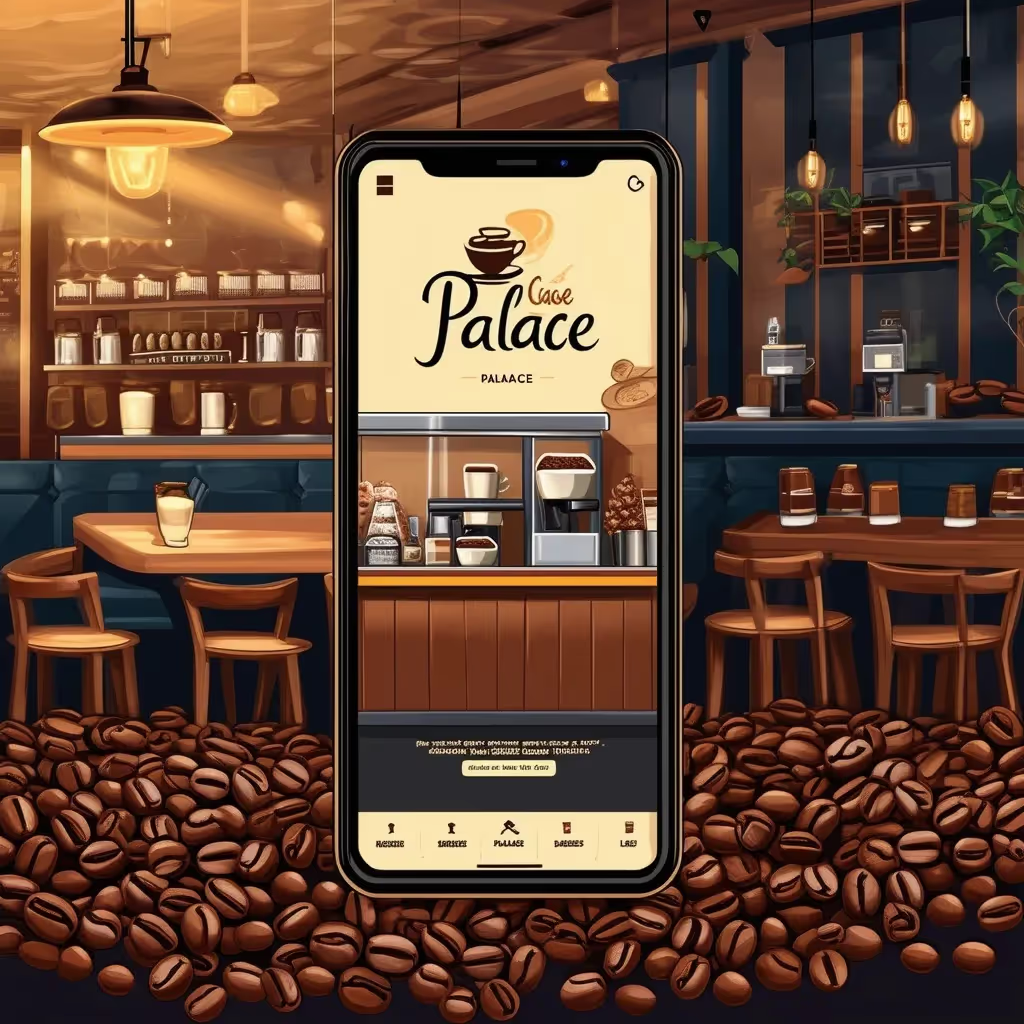
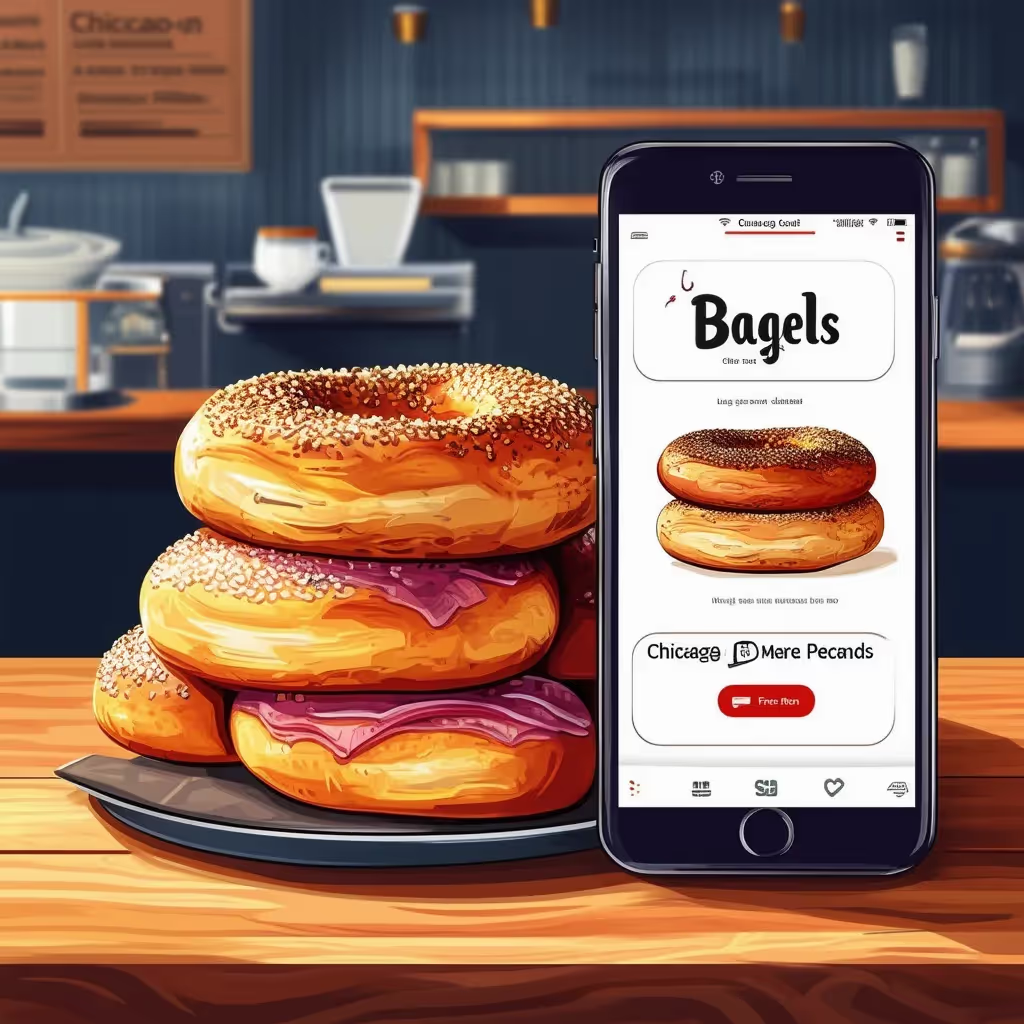
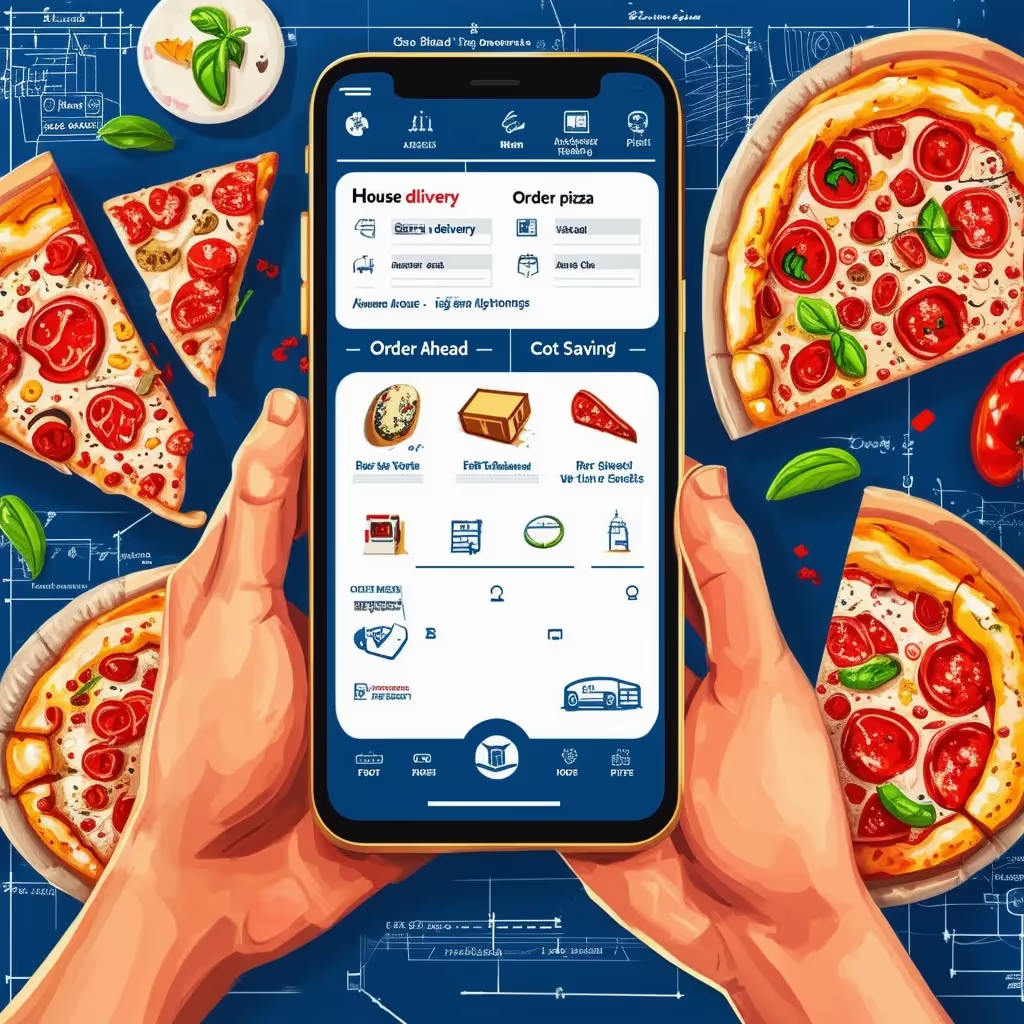

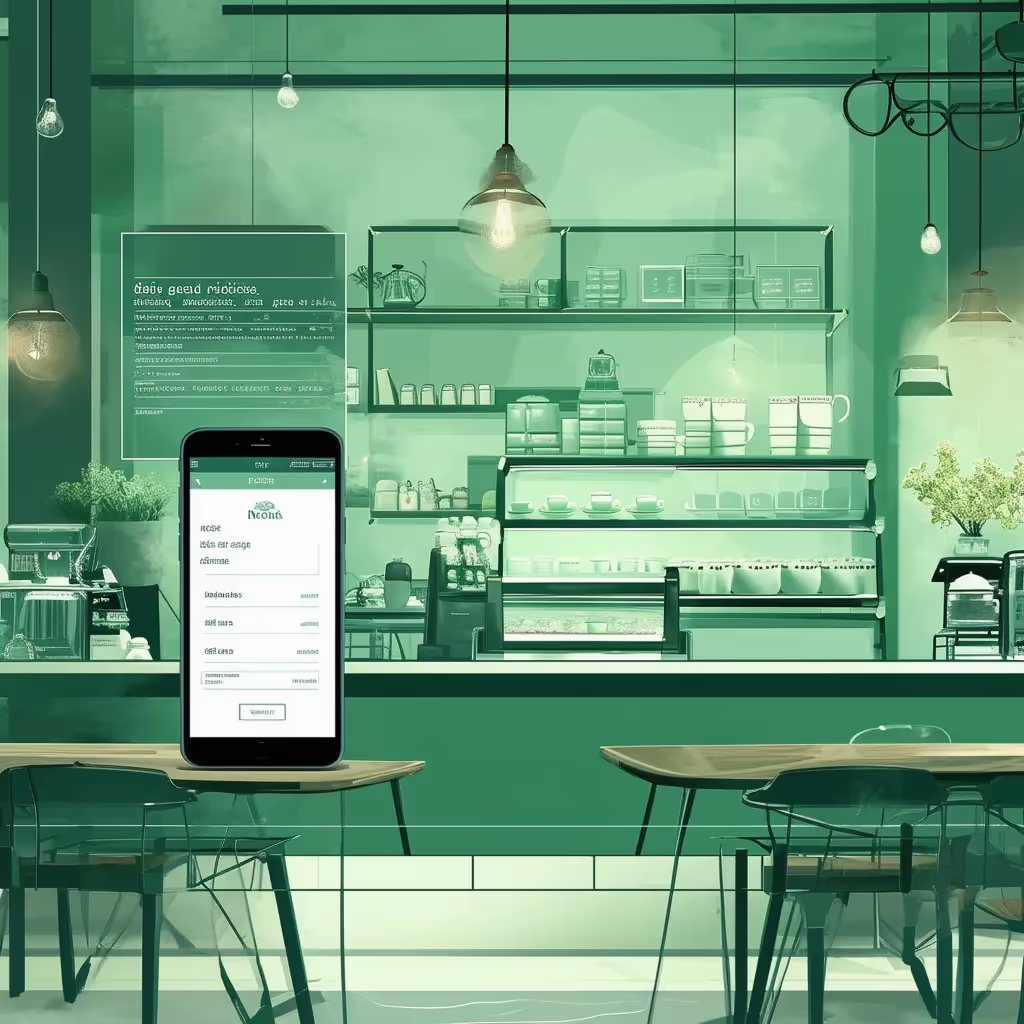

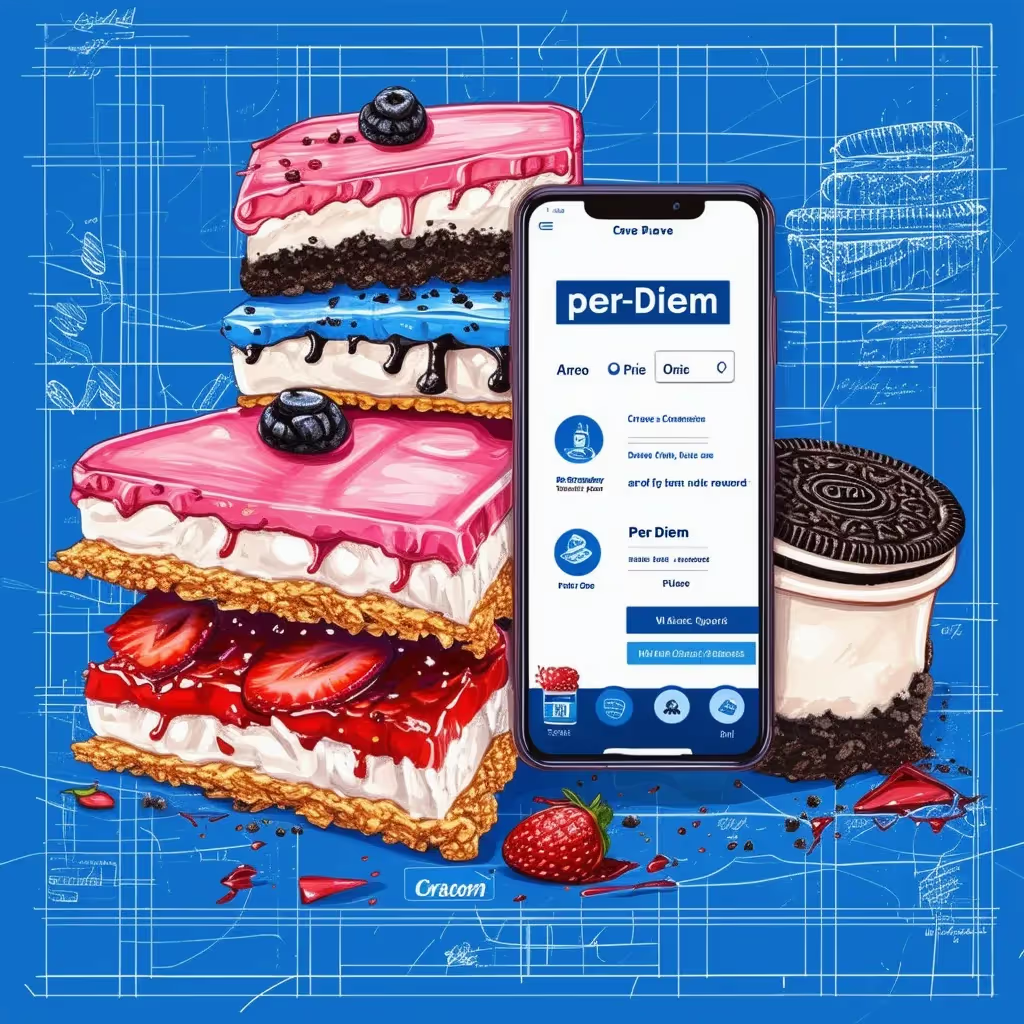
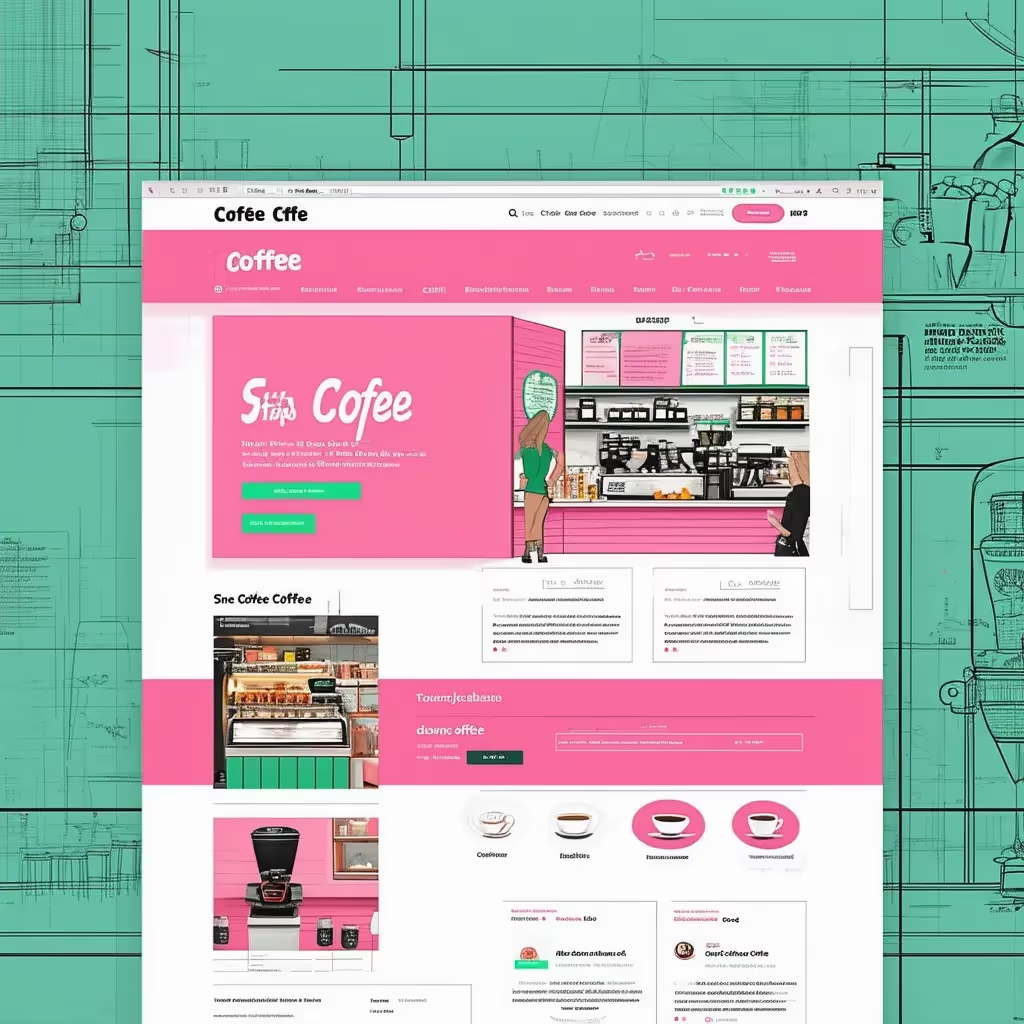
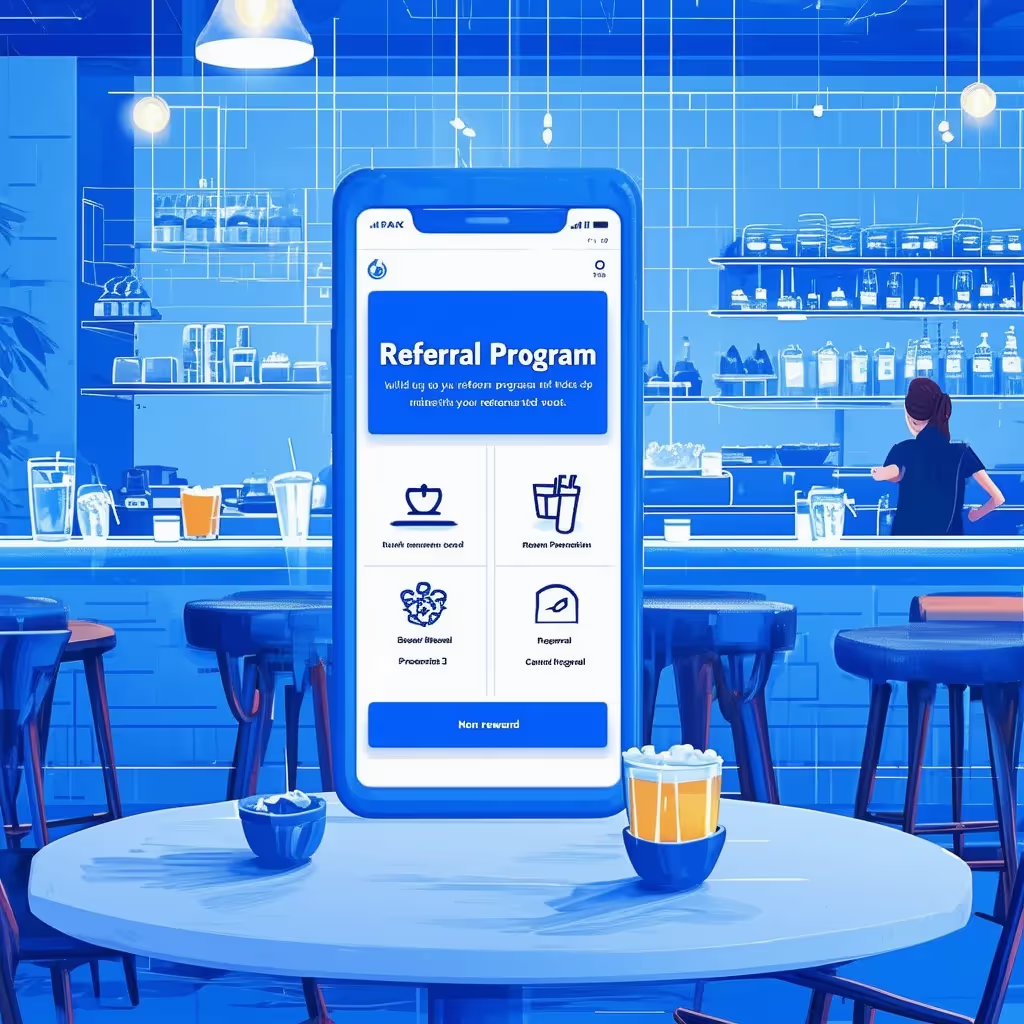



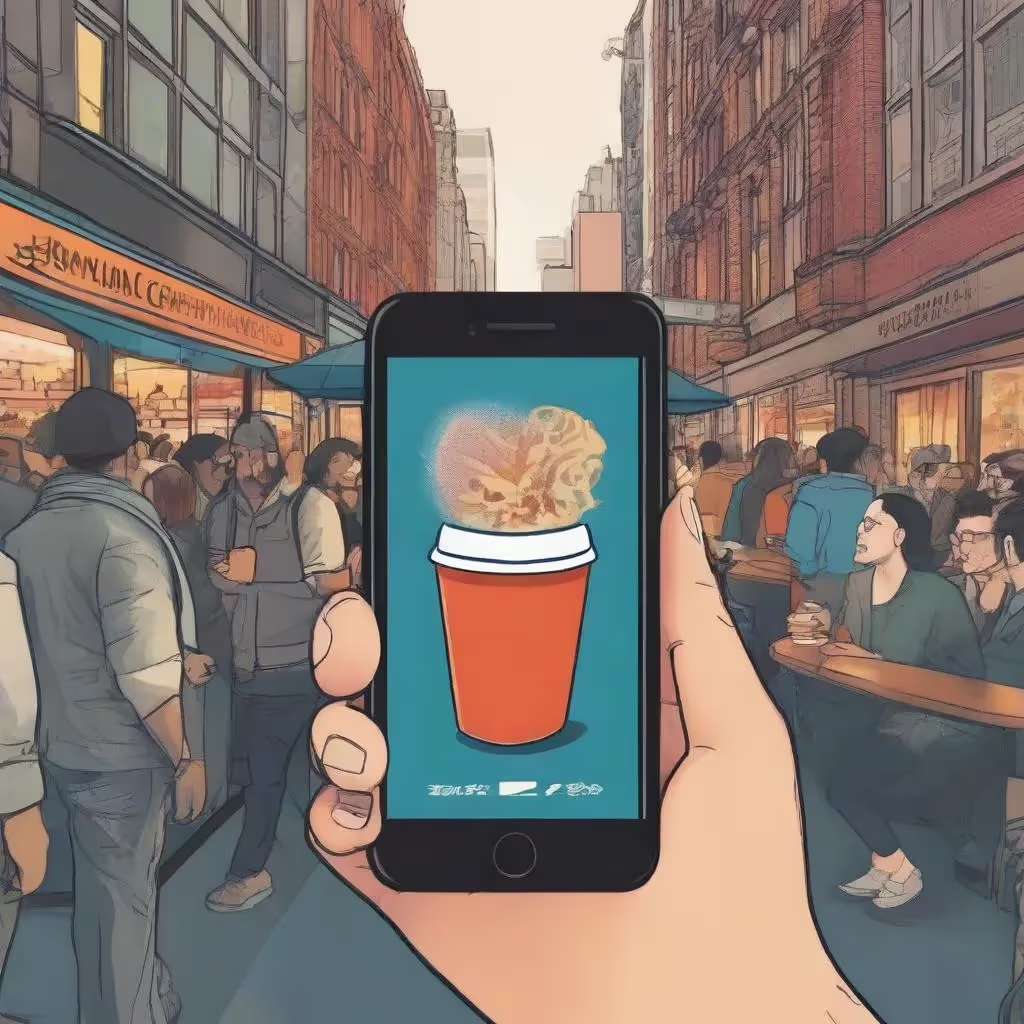
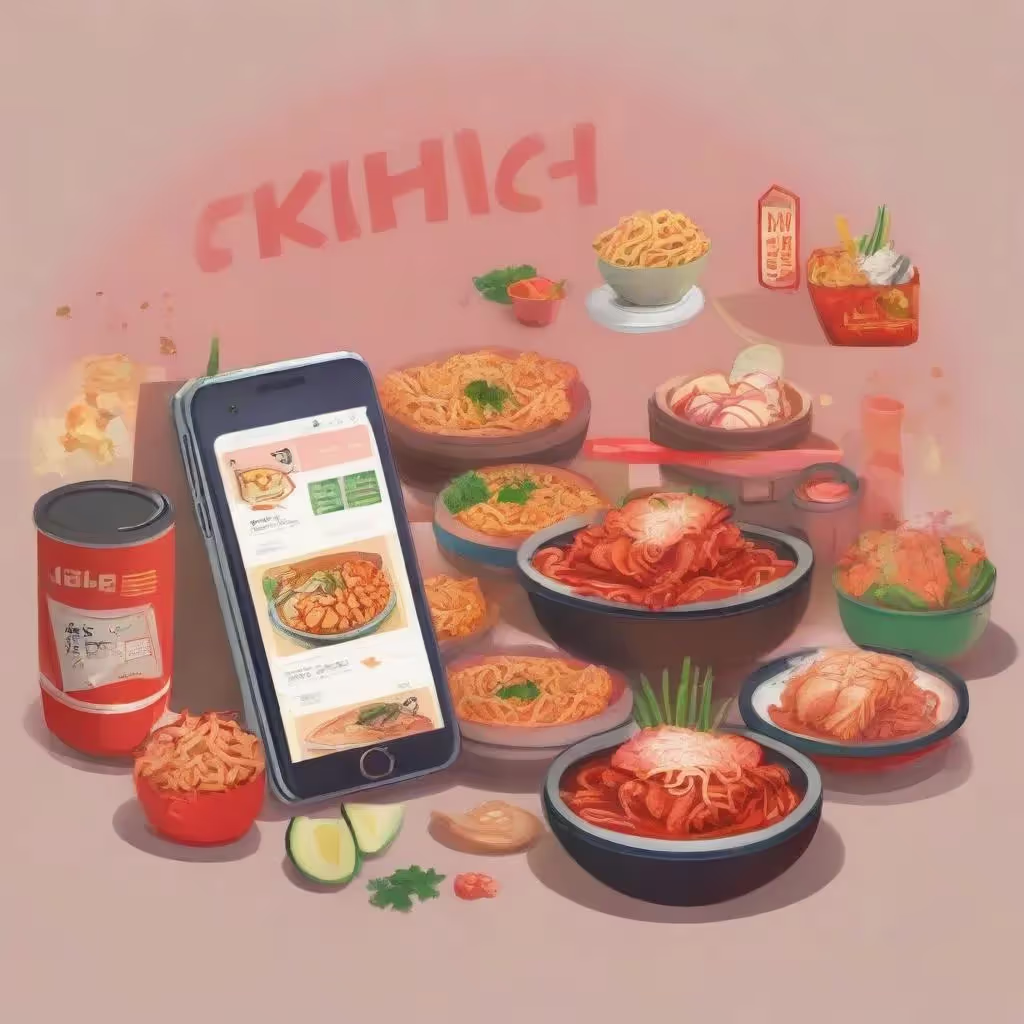
.avif)
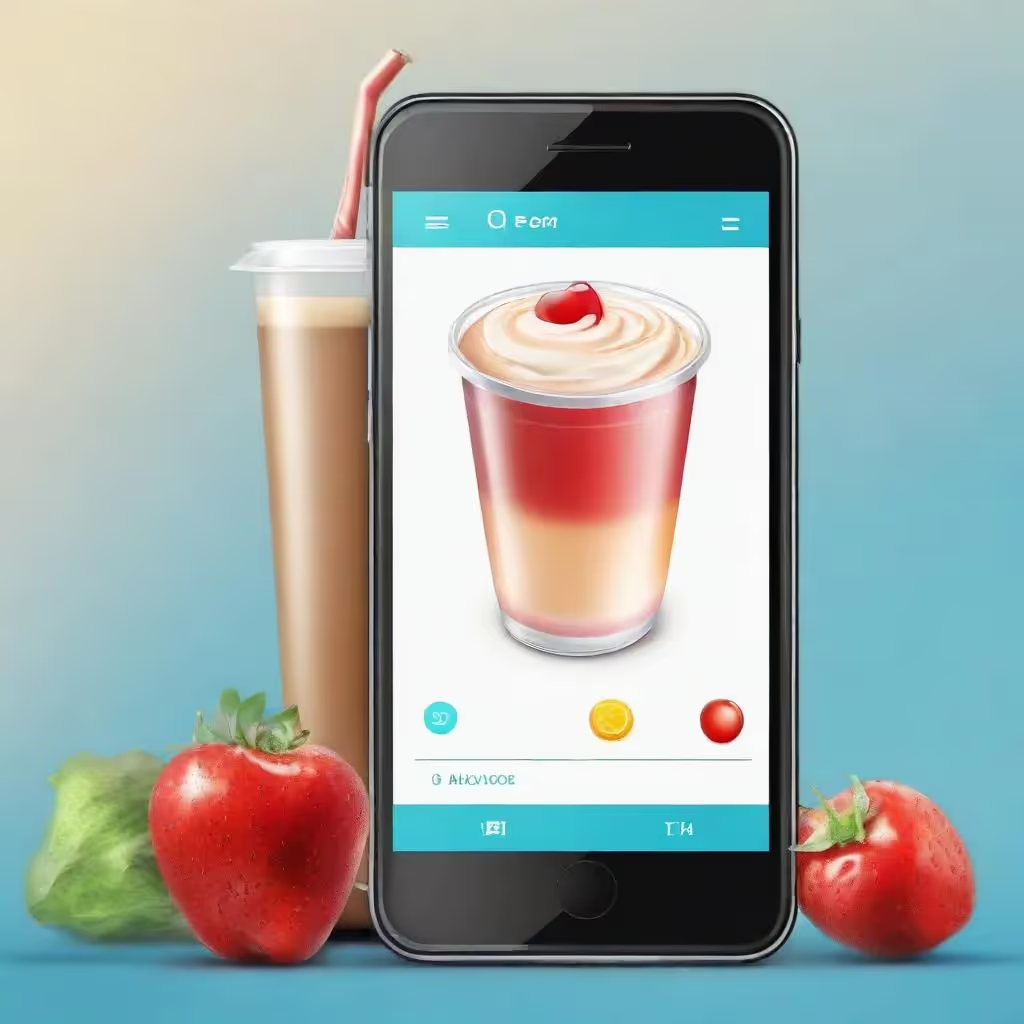



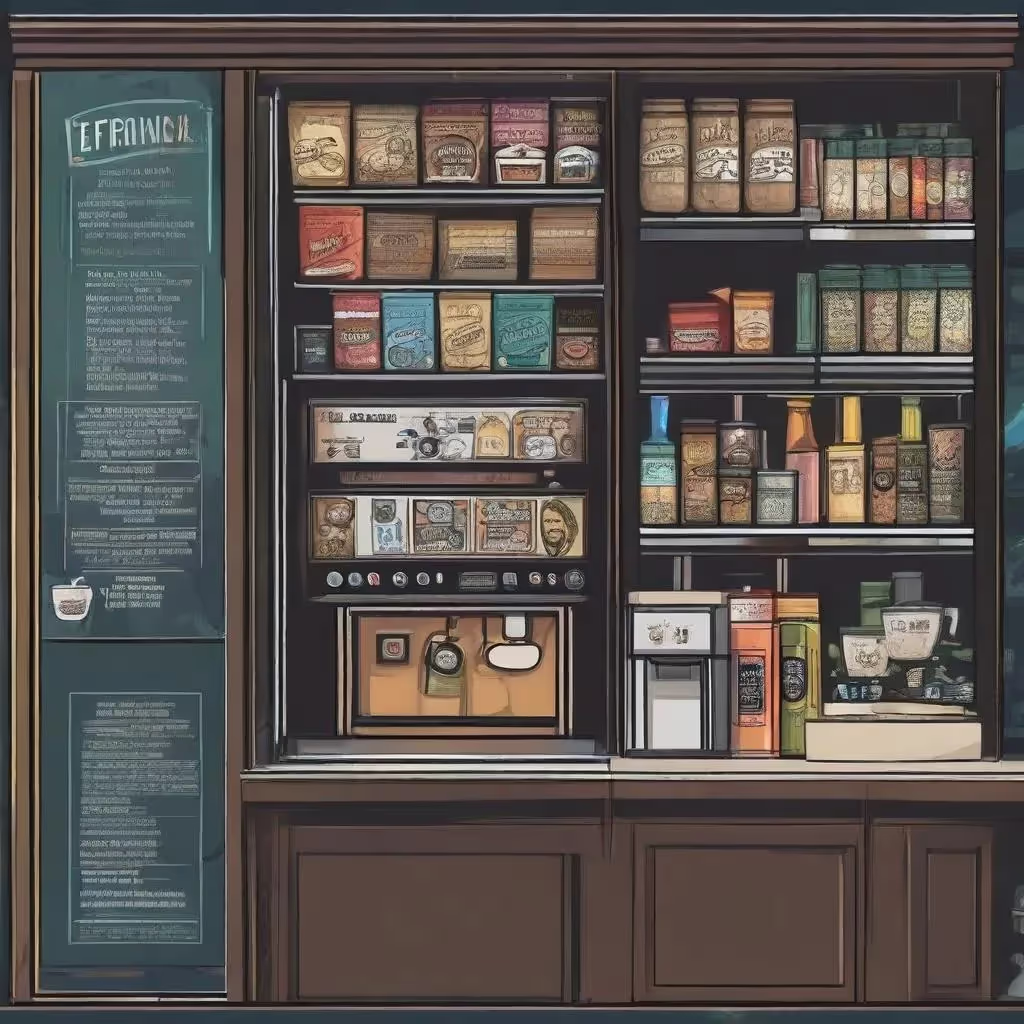
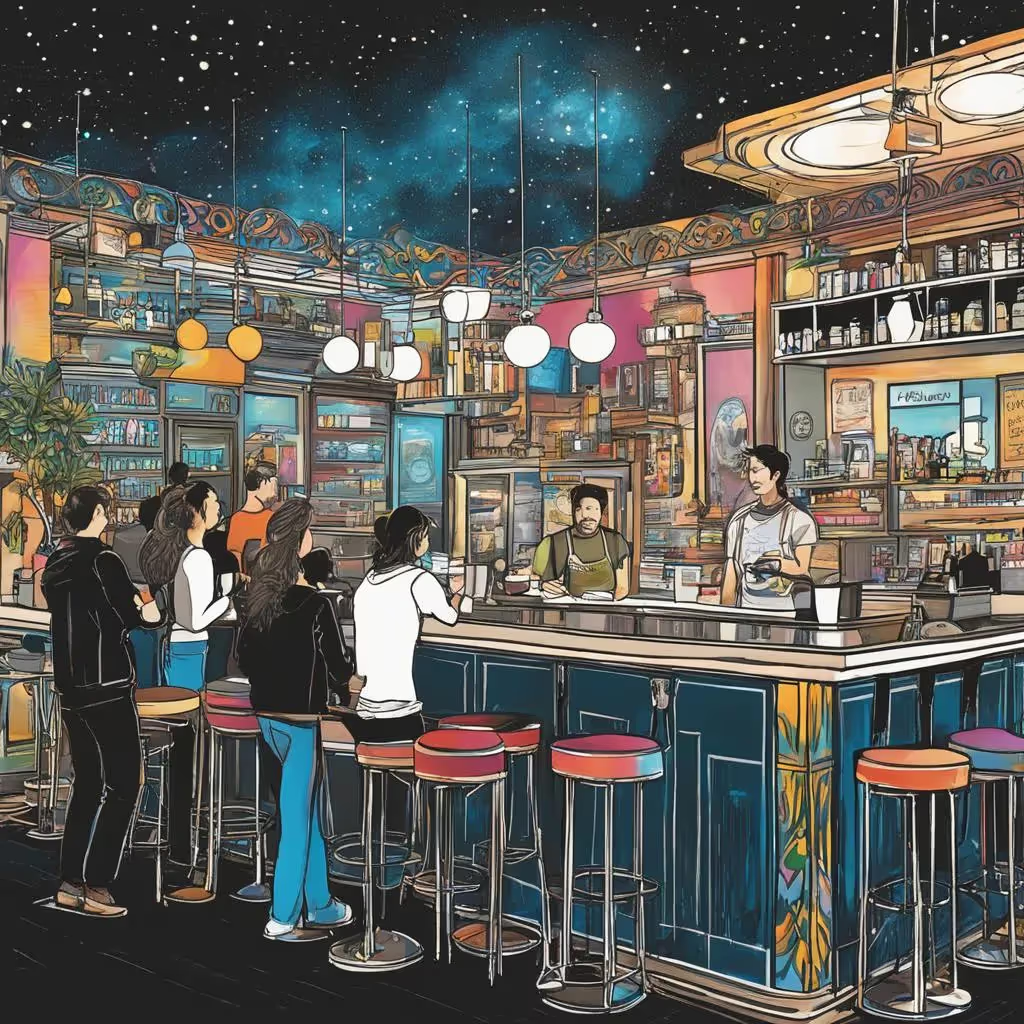

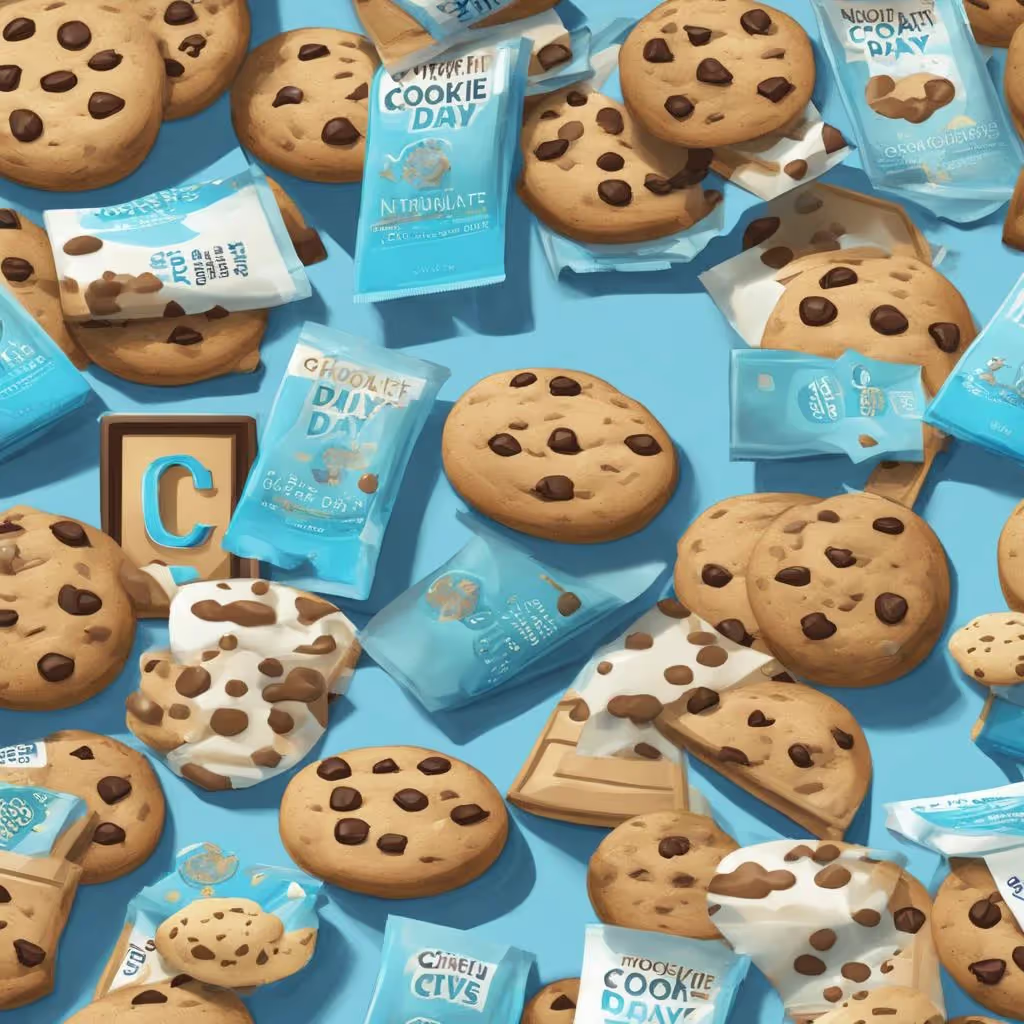
.avif)
